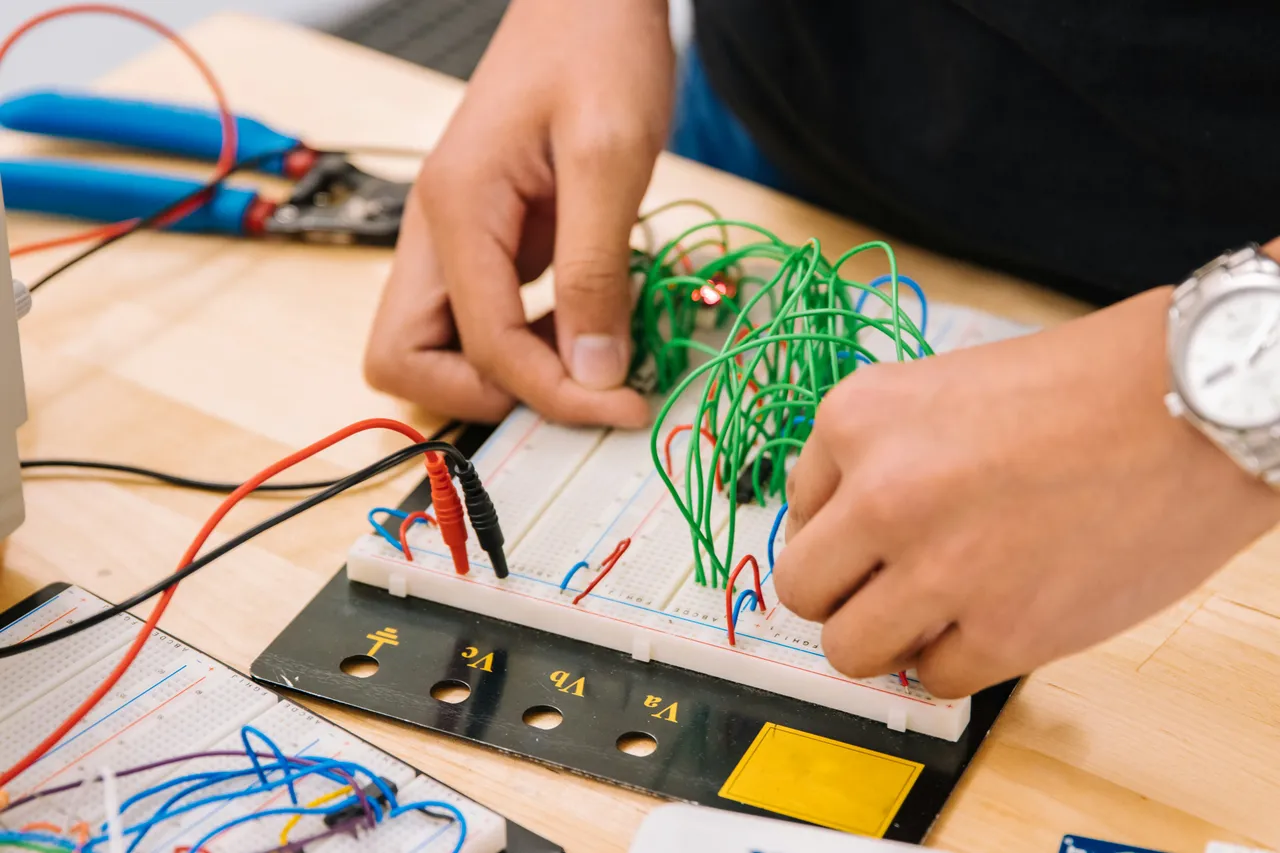
Image info
Innovative Ways to Reduce Household Waste in Your Daily Life
Did you know that the average American household generates about 4.4 pounds of waste every day? That's over 1,600 pounds of waste per year! As we become more aware of our environmental impact, finding innovative ways to reduce household waste is important. This article explores practical strategies, including composting, bulk buying, and embracing reusable options. These methods can help you minimize waste in your daily life and make a positive contribution to the planet.
Composting: Transforming Waste into Nutrients
One effective way to reduce household waste is through composting. Composting kitchen scraps and yard waste diverts organic matter from landfills. This helps reduce greenhouse gas emissions. Composting also enriches your garden soil and promotes healthy plant growth.
To start composting, set up a compost bin in your backyard or use a countertop compost container for kitchen scraps. Include fruit and vegetable peels, coffee grounds, and yard clippings. Avoid adding meat, dairy, or oily foods. These can attract pests. For troubleshooting common composting issues, check out the EPA's guide on preventing food waste.
Buying in Bulk: Reducing Packaging Waste
Purchasing in bulk is another effective strategy for reducing household waste. Buying items like grains, cereals, and snacks in bulk can significantly cut down on packaging waste. Many stores offer bulk bins, and some even allow you to bring your containers. This further minimizes plastic usage.
Invest in reusable containers to store your bulk purchases. This helps the environment and can save you money in the long run. Be mindful of storage space and cost. Buying in bulk can be more economical if you have room to store larger quantities. For more insights on bulk buying strategies, visit College Hunks Hauling Junk.
Embracing Reusables: A Simple Shift
Switching to reusable items is a simple yet impactful way to reduce waste. Invest in reusable shopping bags, water bottles, and storage containers to replace single-use plastics. Studies show that using reusable bags can prevent millions of plastic bags from entering landfills each year. This small change can lead to significant waste reduction over time.
For a comprehensive look at the importance of using reusable items, check out Nature.org.
Thrift Shopping: A Sustainable Fashion Choice
Fast fashion is a major contributor to waste, with millions of tons of clothing ending up in landfills each year. Instead of buying new clothes, consider thrift shopping or organizing clothing exchanges with friends. This helps reduce waste and promotes a more sustainable approach to fashion.
While thrift shopping has many benefits, it can also present challenges, such as limited sizes or styles. To address these, consider online thrift stores or clothing swaps to expand your options. For more sustainable fashion tips, explore the guide on OneTreePlanted.org.
DIY Alternatives: Reducing Plastic Use
Making your cleaning or personal care products at home is an excellent way to reduce plastic waste. Simple ingredients like vinegar, baking soda, and essential oils can create effective and eco-friendly products. For example, a simple all-purpose cleaner can be made by mixing equal parts vinegar and water.
This approach minimizes packaging waste and can be more cost-effective. For DIY strategies and recipes, visit Upcycle That.
Managing Food Waste: Strategies for Success
Food waste is a significant issue, with nearly 30-40% of the food supply wasted in the U.S. To combat this, plan your meals, store food correctly, and get creative with leftovers. Using apps like "Too Good To Go" can help you find creative ways to use leftover ingredients and reduce waste.
For strategies on food waste prevention, refer to the EPA's Food Waste Prevention guide.
Repair and Upcycle: Creative Solutions
Before tossing broken items, consider repairing them or upcycling them into something new. For example, old clothing can be transformed into rags or tote bags, promoting recycling within your household. Simple projects like turning glass jars into storage containers can also reduce waste.
For more innovative ideas on repair and upcycling, check out myWaste.
Educating on Recycling: Best Practices
Understanding local recycling guidelines is important for effective waste management. Improper recycling can lead to contamination and increased waste in landfills. Educate yourself and your family on the correct recycling practices to ensure that recyclable materials are processed properly. Common myths about recycling can lead to confusion. For example, not all plastics are recyclable.
For practical recycling approaches, visit the EPA's recycling guide.
Conclusion
Reducing household waste is a collective effort that starts at home. By implementing these innovative strategies, you can make a significant impact on the environment while promoting sustainable habits in your daily life. Remember, every small change counts, and together, we can work towards a cleaner, greener planet.
This article was developed using available sources and analyses through an automated process. We strive to provide accurate information, but it might contain mistakes. If you have any feedback, we'll gladly take it into account! Learn more

